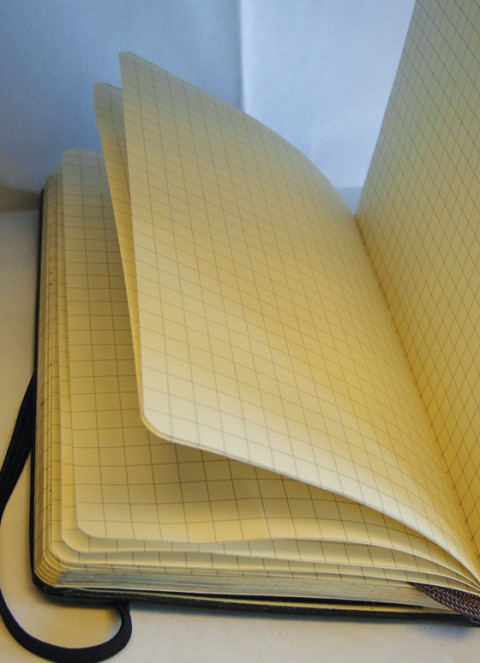Taking pen in hand: A writer’s life and faith

My desire to write surfaced when I was in my twenties. I did what I thought an aspiring writer should do: I began reading the biographies and autobiographies of writers I admired so that I could imitate—well, not their writing, but certain features of their lifestyles: the kind of tweed jacket they wore, the beer they drank, the pipe tobacco they smoked or the typewriter they used. I did that for a year or two. It was fun but I was not writing much. Then one day I read someone—I think it was Hemingway—who said, "A writer is distinguished by the fact that he writes."
"Whoa," said I, "I think this guy is on to something!" His words freed me not only from the tweeds and the tobacco but from the paralyzing notion that a writer is distinguished by the fact that he or she gets published, sells a lot of books and gets great reviews. I came to understand that it's the faithful doing of the thing, the willingness to work hard at the craft without worrying too much about outcomes, that makes you a writer.
The paradox is that you are more likely to get outcomes when you let go of getting outcomes: it frees you from the ego's grip. There is a parallel here to the faith journey: seek your life and you will lose it, lose your life and you will find it.




